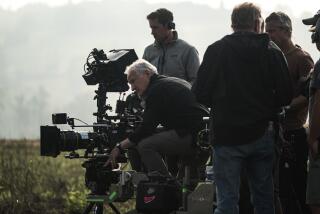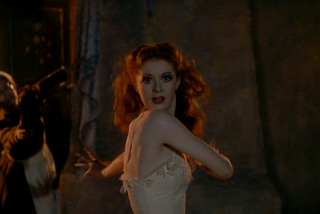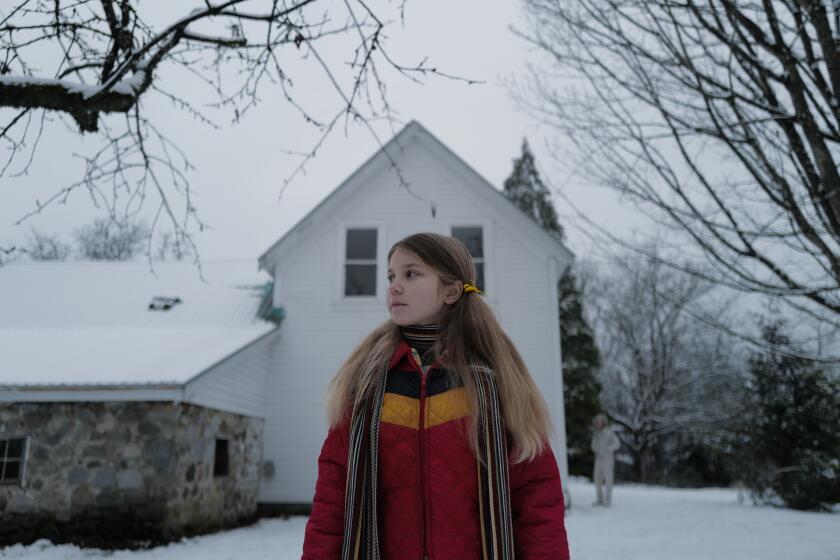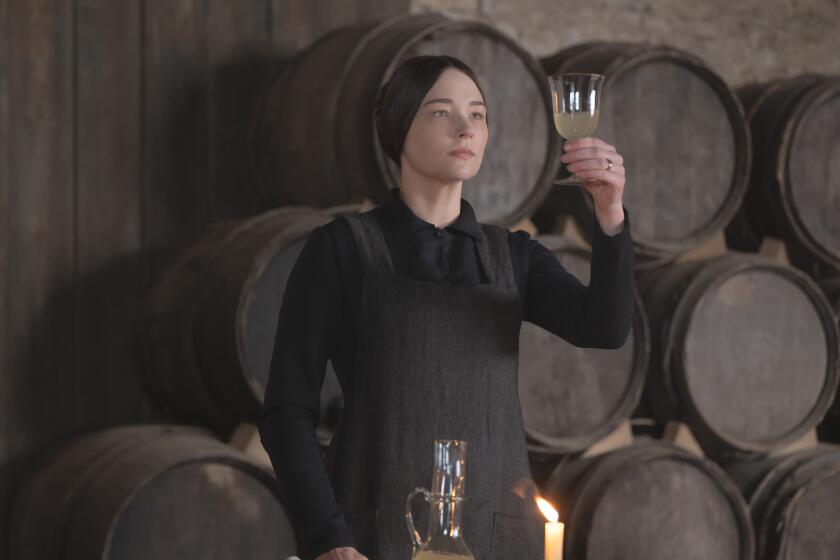J. Robert Oppenheimer’s power struggle
It’s hard not to view Julius Robert Oppenheimer, the man often called the Father of the Atomic Bomb, as a tragic figure. His work directing the Manhattan Project ended a war but also ensured that we’d never again know total peace, the means of self-destruction having been brought to term. Which bothered him.
As portrayed in “The Trials of J. Robert Oppenheimer,” a rather moving “American Experience” documentary airing tonight on PBS, Oppenheimer was poorly cast as a weapons-grade Prometheus. Not only a talented theoretical physicist but a student of philosophy and Eastern religions and an occasional poet, he was the right man for the wrong job. (Some thought him the wrong man for the right job.)
“I feel I have blood on my hands,” he told President Truman, after the destruction of Hiroshima and Nagasaki. The first atomic test made him think, famously, of the Bhagavad Gita, when Vishnu “takes on his multi-armed form and says, ‘Now I am become death, the destroyer of worlds.’ ”
The film, by David Grubin, tells Oppenheimer’s tale from cradle to grave, hanging the story on the 1954 hearings that were the culmination of efforts by rivals in science and enemies in government to remove him from the apparatus of nuclear policy by attacking him with old associations and missteps. David Strathairn, who played Oppenheimer in the 1989 TV movie “Day One,” stands in for him again in scenes drawn from hearing transcripts.
He wasn’t exactly a hero in those days; earlier he had confirmed that certain former students had been involved in communist politics. But he was a victim, of his times and his fatal naivete. His attempts to establish international oversight of nuclear power must have seemed quixotic to anyone with access to a newspaper.
Oppenheimer was a depressive, socially backward prodigy, at once arrogant and self-lacerating. It appears that his happiest days were spent at Los Alamos, sorting out the atomic bomb. Still, there were limits: Of Edward Teller’s H-bomb, whose development he opposed, he said, “Even if from a technical point of view it was a sweet and lovely and beautiful job, I still thought it was a dreadful weapon.”
The film suggests that he was never the same after losing his security clearance, but he continued to pursue “this great enterprise of our time, testing whether men can live without war as the great arbiter of history.” That was nearly half a century ago. No luck yet.
--
--
‘The Trials of J. Robert Oppenheimer’
Where: KCET
When: 9 tonight
Rating: TV-PG (may be unsuitable for young children)
More to Read
Only good movies
Get the Indie Focus newsletter, Mark Olsen's weekly guide to the world of cinema.
You may occasionally receive promotional content from the Los Angeles Times.







